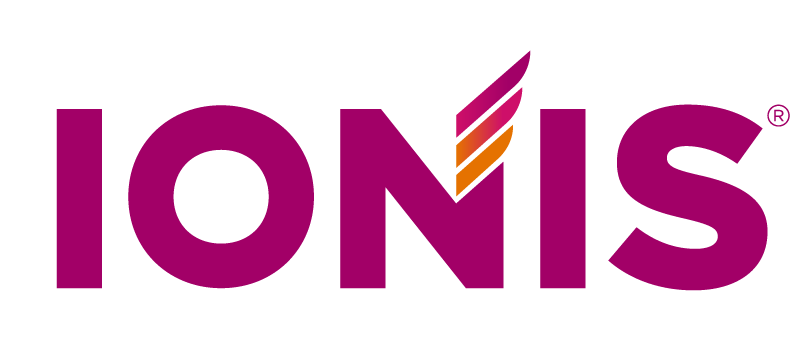Press Releases
ISIS Reports Phase 1 Data Demonstrating ISIS-TTRRx Produces Significant Reductions in TTR Protein
"TTR amyloidosis is a fatal disease that affects approximately 50,000 patients worldwide. Patients with familial amyloid polyneuropathy, or FAP, experience TTR build up in their peripheral nerves and experience the loss of motor functions, such as walking. These patients also experience the accumulation of TTR amyloid in the heart, causing familial amyloid cardiomyopathy (FAC), and in their intestinal tract, which prevents the proper absorption of nutrients, leading to death. Since current treatments are highly limited, there is a great need to develop a drug that can reduce TTR levels thereby preventing, and potentially reversing, progression of this disease," said
"Currently the most effective way to retard progression of FAP is a liver transplant. However, many patients with FAP are unable to receive a liver transplant due to availability of a donor liver or the patient's diminished health. In the small number of patients who do receive a transplant, their quality of life is substantially compromised. Although, liver transplant replaces mutant TTR, amyloid formation continues due to accumulation of normal TTR protein," said
The Phase 1 study of ISIS-TTRRx was a blinded, randomized, placebo-controlled, dose-escalation study designed to assess the safety and pharmacokinetic profile of ISIS-TTRRx in healthy volunteers. ISIS-TTRRx was evaluated in single and multiple doses ranging from 50 mg per week up to 400 mg per week. After only four weeks of dosing, subjects in the 200 mg and 400 mg multiple-dose cohorts displayed a mean reduction of 44 percent and 81 percent in TTR levels, respectively. ISIS-TTRRx was generally well tolerated in all subjects.
"In this study, we observed substantial dose-dependent reductions in TTR protein of greater than 80 percent. Based on the mechanism of action and the early data we have presented, we believe that ISIS-TTRRx could provide benefit to patients with FAP," said
ABOUT ISIS-TTRRx
Transthyretin amyloidosis is a genetic disease in which the patient inherits a mutant gene that produces a misfolded form of TTR, which progressively accumulates in tissues, impairing their function. In patients with transthyretin amyloidosis, both the mutant and normal forms of TTR can build up as fibrils in tissues, including heart, peripheral nerves, and the gastrointestinal tract. The presence of TTR aggregates interferes with the normal functions of these tissues, and as the TTR protein aggregates enlarge more tissue damage occurs and the disease worsens. There are two common types of transthyretin amyloidosis, familial amyloid cardiomyopathy, or FAC, which affects more than 40,000 patients worldwide, and FAP, which affects more than 10,000 patients worldwide. Patients with FAC have TTR build up in the heart muscle and succumb to heart failure five to six years after symptom onset. Patients with FAP have TTR build up in peripheral nerve tissue leading to the loss of nerve function and wasting. ISIS-TTRRx is an investigational drug that is designed to inhibit the production of all forms of TTR, and could offer an alternative approach to treat all types of transthyretin-related amyloidosis.
ABOUT
Isis is exploiting its leadership position in antisense technology to discover and develop novel drugs for its product pipeline and for its partners. Isis' broad pipeline consists of 28 drugs to treat a wide variety of diseases with an emphasis on cardiovascular, metabolic and severe and rare/neurodegenerative diseases, and cancer. Isis' partner, Genzyme, plans to commercialize Isis' lead product, mipomersen, following regulatory approval, which is expected in 2012. Isis' patents provide strong and extensive protection for its drugs and technology. Additional information about Isis is available at www.isispharm.com.
This press release includes forward-looking statements regarding Isis' collaboration with
In this press release, unless the context requires otherwise, "Isis," "Company," "we," "our," and "us" refers to
Isis Pharmaceuticals® is a registered trademark of
SOURCE
CONTACT: Kristina Lemonidis, Director, Investor Relations, +1-760-603-2490, or Amy Blackley, Ph.D., Assistant Director, Corporate Communications, +1-760-603-2772
